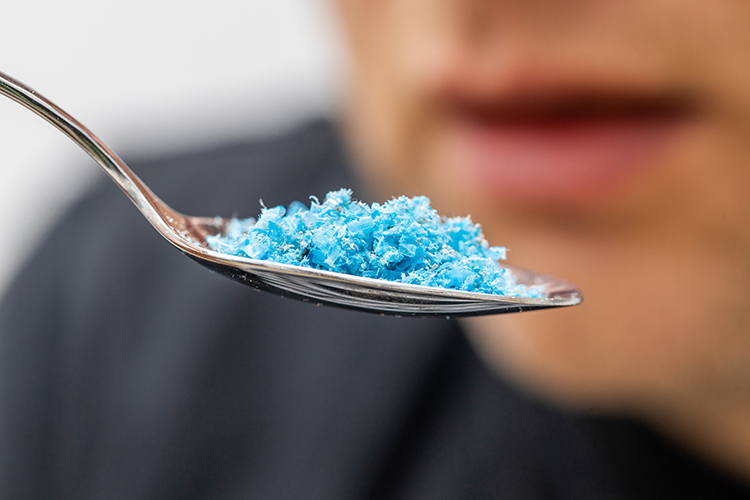
New research suggests that microplastics can play an important role in the speed and aggressiveness of cancers in humans.
By
We all know that microplastics are a major environmental problem, but what if it turned out that microplastics might also make cancers in humans more aggressive?
Cancer is the second biggest cause of death worldwide, with figures for 2019 showing around 27,000 people a day die worldwide from one of the many different kinds of cancer. Now though a leading cancer scientist has warned that plastic – and in particular microplastic – can make cancers more aggressive.
New research from Professor Lukas Kenner, cancer researcher and Deputy Director Clinical Institute for Pathology, Medical University of Vienna has revealed that cancer cells spread at an accelerated rate after contact with microplastics.
The gastrointestinal tract studied by the Austrian researchers serves as the primary entry point for daily exposure to micro- and nanoplastics. Plastic particles, 0.25 μm in size, were found to increase the propensity for cell migration, and potential for pro-metastatic effects. During cell division researchers observed no signs of elimination from the cells indicating the prolonged short-term exposure to 0.25 μm particles significantly amplified cell migration. It’s this cell migration that allows cancer cells to disseminate further around the body. The faster the cells migrate the faster, and so more aggressive, the cancer becomes. University of Vienna researchers also found plastic particles were transferred between cells during division and remained present for a prolonged period of time.
While Kenner says that more testing is required to fine out the details, he already believes that if plastics play such a key role in early-onset cancer then, thanks to the ever-increasing amount of plastic in our lives, we have much to fear. It’s estimated that in 2024 worldwide we will produce 220 million tonnes of plastic and that of this 70 million tonnes will simply end up thrown out in nature.
Referring to an ‘Avalanche of plastic coming towards us’, Kenner detailed how unborn children are at the greatest risk of being victims of plastic’s human health impact due to microplastics being present in the mothers placenta being transferred to the embryo. ‘The study’s findings are an indication that plastic not only resides in tumor cells but also accelerates the outgrowth of these cells. This research scares me, and I hope it scares others too.’ Kenner said, ‘Governments and businesses must fund research into the impact of plastic on human health and work to eradicate this dangerous pollutant from our daily lives.’
The University of Vienna is now working to establish to what extent plastic particles promote the formation of tumours throughout the body. But the findings have already been enough to sound alarm bells with Maria Westerbos, the founder of the Plastic Soup Foundation and co-founder of the Plastic Health Council saying, ‘There should be no doubt in the fact that plastic is killing us on the long term. We have seen study upon study demonstrating the stark reality that we must work towards a future free from toxic plastic with immediate effect.’
Related articles:




